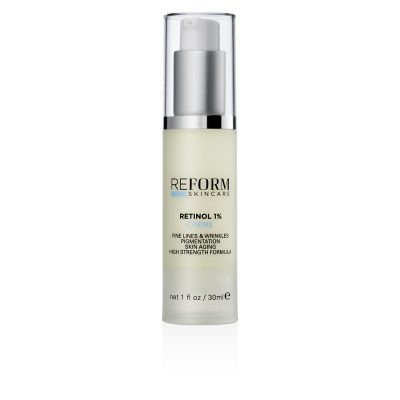Uncategorized
Have you discovered the power of Retinol?
If you’re a skin-care lover intent on preserving as much youthfulness as possible, you’ve probably heard of Retinol. This superstar ingredient is often credited with being the most effective at combating ageing, plus other skin imperfections like acne.
What exactly is Retinol?
Retinol is a derivative of Vitamin A and plays a key role in helping our skin cells regenerate. All Vitamin A derivative under the Retinol umbrella shares a few key characteristics. They’re going to speed up skin cell turnover, even skin tone and texture, brighten skin, provide anti-aging benefits and help reduce breakouts.
Anti-ageing
Retinol has been hailed as a wonderful anti-ageing product for many years now, but why is that? Generally speaking, Retinol can help to reduce the appearance of fine lines in the skin – and this is because it stimulates collagen production which has a skin plumping effect.
Also, the increased production of natural chemicals like hyaluronic acid that comes with retinol use helps to make the skin plumper and moisturised. This also helps to reduce the look of fine lines and wrinkles.

Skin Texture
The exfoliating effect that retinol has may also help with skin texture – this is also due to the increased production of collagen
Acne
Retinol is often used to support your skin during breakouts.
This is because retinoic acid (which is what retinol converts to) stimulates the process of skin cell proliferation, as well as the stimulation of elimination of the sebum remaining in the ducts.
This essentially means that the retinol helps to unclog pores that cause pimples, and avoid dead cell build too.

Pigmentation
If you have hyperpigmentation that you’re looking to reduce the appearance of, it could be worth adding retinol to your skincare routine.
Topical retinol products have been shown to diminish clinical features of ageing such as hyperpigmentation.
How is the REFORM Skinare Retinol different?
The REFORM Skincare Retinol 1% Crème is formulated with Vitamin E, Aloe Vera, Chamomile, Cucumber and Ceremide’s to help counteract the typical irritation associated with using a high strength Retinol. This beautiful formulation of ingredients allows customers to begin their Retinol journey on a high strength formula with a low risk of side effects like irritation or dryness.

How do apply Retinol?
Apply a thin layer of Retinol to your entire face. For the first couple weeks of treatment, apply retinol only every other day, allowing your skin to adjust to the introduction of such an active ingredient.
When to apply Retinol?
Retinol makes your skin more sensitive to UV rays and sunlight decreases the efficacy of the product so you should only use retinoids at night and be diligent about applying a daily broad-spectrum SPF 30 or higher during the day
